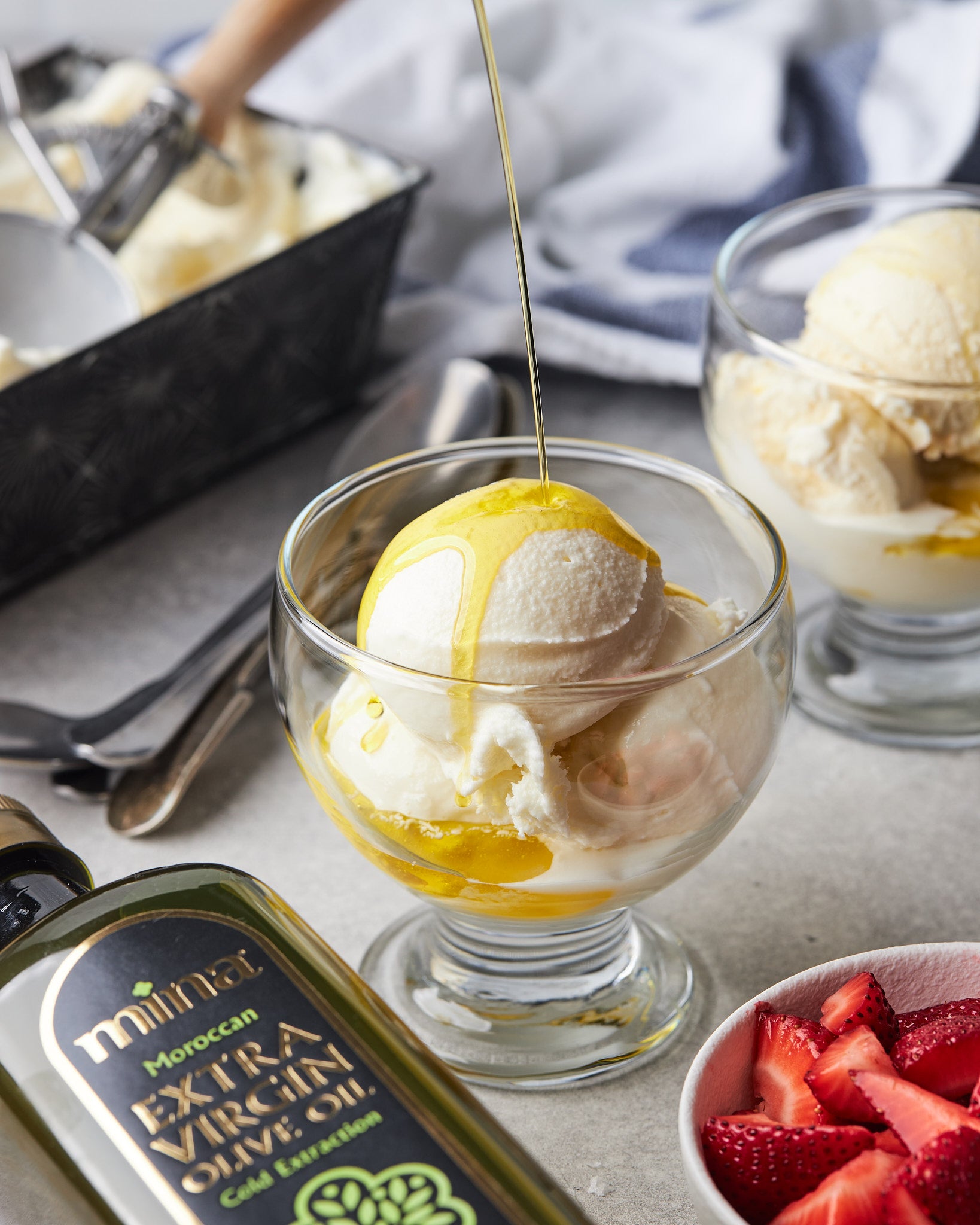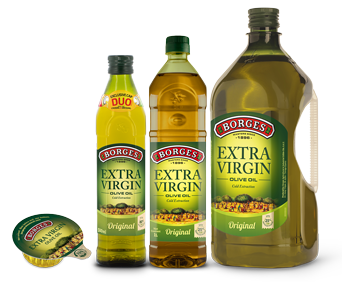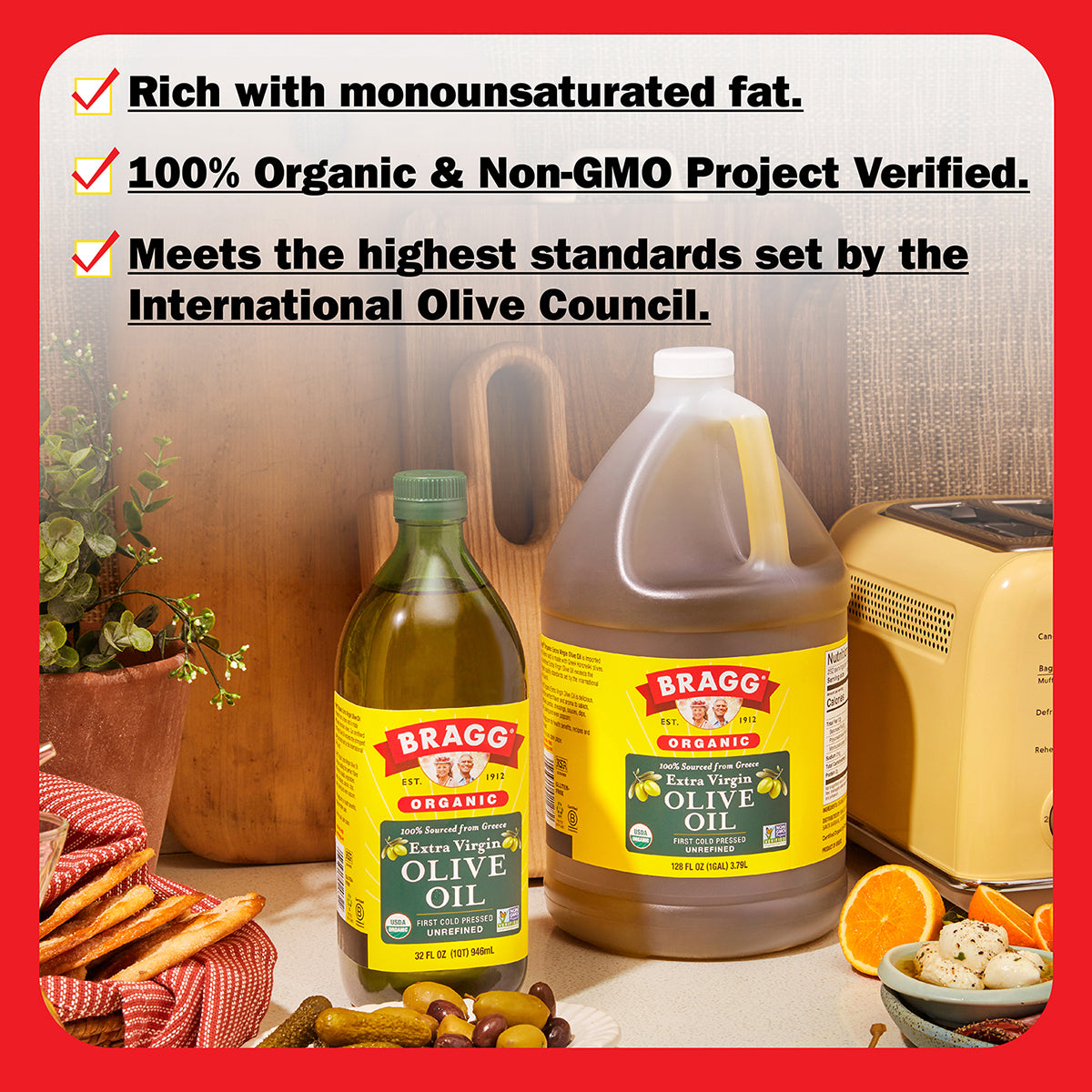Extra Virgin Olive Oil Benefits: A Natural Way to Reduce Inflammation
Extra Virgin Olive Oil Benefits: A Natural Way to Reduce Inflammation
Blog Article
Exploring the Different Types of Olive Oil and Their Uses, Including Extra Virgin Olive Oil
The expedition of olive oil includes a diverse range of types, each offering culinary applications and distinctive flavors. Additional virgin olive oil, renowned for its remarkable top quality and wellness advantages, offers as a staple in several kitchens, yet it is just one aspect of this diverse active ingredient.
What Is Olive Oil?
Obtained from the fruit of the olive tree, olive oil is a staple in Mediterranean food and a vital ingredient in different cooking applications. This flexible oil is created by pushing whole olives, leading to a fluid that varies in flavor, color, and aroma depending on the sort of olives used, the area of cultivation, and the extraction process. Olive oil is mostly made up of monounsaturated fats, particularly oleic acid, which is known for its prospective health and wellness advantages, including anti-inflammatory homes and cardiovascular assistance.
In enhancement to its culinary uses, olive oil has a long history of application in traditional medicine and skin care, owing to its rich antioxidant web content (extra virgin olive oil benefits). The oil is typically used in dressings, marinates, and for cooking techniques such as sautéing and roasting. Its distinct taste profile can improve the taste of numerous meals, making it a crucial active ingredient for both home cooks and expert chefs
Moreover, olive oil is celebrated for its duty in the Mediterranean diet, which is connected with numerous wellness advantages. As awareness of these benefits grows, olive oil continues to obtain appeal worldwide as an essential component of a healthy and balanced lifestyle.
Sorts Of Olive Oil
Understanding the numerous sorts of olive oil is necessary for both health-conscious customers and culinary enthusiasts. Olive oil is identified mostly based upon its extraction technique and top quality, which considerably influences its flavor, fragrance, and health benefits.

Light olive oil, regardless of its name, describes a lighter flavor and not reduced calories. It is suitable for those looking for an extra subtle taste in marinates and dressings. Furthermore, there are flavored olive oils instilled with herbs, flavors, or citrus, which can enhance dishes without the demand for additional flavoring.
Each type of olive oil offers specific culinary objectives, and comprehending these distinctions allows customers to make enlightened options that straighten with their cooking designs and health objectives.
Bonus Virgin Olive Oil
Additional virgin olive oil (EVOO) is extensively regarded as the best olive oil offered, well known for its rich taste and various health benefits. To be categorized as additional virgin, the oil should be created from fresh olives making use of mechanical processes, without using solvents or too much warm. This thorough approach preserves the oil's all-natural tastes, anti-oxidants, and healthy and balanced fats, causing an item with a low acidity level of much less than 0.8%.
EVOO is bountiful in monounsaturated fats, particularly oleic acid, which is linked to reduced swelling and boosted heart health and wellness. It likewise has polyphenols, powerful anti-oxidants that may supply protective effects against persistent diseases. The flavor profile of EVOO can vary considerably relying on the olive selection and region of why not try here production, varying from fruity and grassy to robust and peppery.

Culinary Uses of Olive Oil

In cooking, olive oil can be used for sautéing, toasting, and cooking, offering a much healthier alternative to butter or various other fats. Its high smoke factor makes it appropriate for numerous cooking methods, while its anti-oxidants add to a heart-healthy diet regimen. Showering olive oil over completed meals, such as pasta, fish, or barbequed veggies, can raise tastes and add a touch of style.
Additionally, olive oil plays a significant function in cooking, where it can change conventional fats in recipes for bread and breads, giving wetness and a subtle taste. It also works as a base for infused oils, allowing cooks to try out tastes such as garlic, natural herbs, or chili, better expanding its culinary capacity. Overall, olive oil's flexibility makes it vital in both home and expert kitchens.
Choosing Quality Olive Oil
When picking quality olive oil, it's vital to consider numerous key aspects that affect the item's health and wellness, scent, and taste advantages. Decide for added virgin olive oil (EVOO), which is obtained from the very first chilly pushing of olives and includes the highest levels of anti-oxidants and valuable compounds. Look for oils that are accredited by recognized companies, as this often makes certain adherence to rigid quality standards.
The product packaging likewise plays a considerable function in protecting the oil's stability. Select oils saved in dark glass bottles or tins to secure versus light deterioration. Focus on the harvest day; fresher oils use exceptional flavor and dietary value, so pick products that are within 18 months of their harvest.
Additionally, consider the origin of the oil. High-grade olive oils typically come from specific areas recognized for their unique taste profiles, such as Italian, Spanish, or Greek additional hints oils. Ultimately, understand the taste; a top quality olive oil ought to have a balance of fruity, bitter, and peppery notes, showing its splendor and complexity. By examining these elements, you can ensure you are selecting the ideal olive oil for your cooking demands.
Conclusion
In summary, the exploration of various types of olive oil reveals distinct attributes and applications, with additional virgin olive oil representing the peak of quality due to its low acidity and high antioxidant content. Comprehending the different varieties of olive oil allows for educated choices in cooking here are the findings techniques, advertising much healthier techniques while enhancing the overall gastronomic experience.
Acquired from the fruit of the olive tree, olive oil is a staple in Mediterranean food and a vital ingredient in numerous culinary applications.The most typical types of olive oil consist of improved olive oil, pure olive oil, and light olive oil.Additional virgin olive oil (EVOO) is extensively concerned as the greatest top quality olive oil available, well known for its abundant flavor and many health and wellness advantages. Choose for added virgin olive oil (EVOO), which is obtained from the first cool pressing of olives and consists of the highest possible degrees of anti-oxidants and valuable substances.In summary, the exploration of various types of olive oil exposes distinctive characteristics and applications, with extra virgin olive oil representing the pinnacle of high quality due to its low level of acidity and high antioxidant content.
Report this page